News and Awards
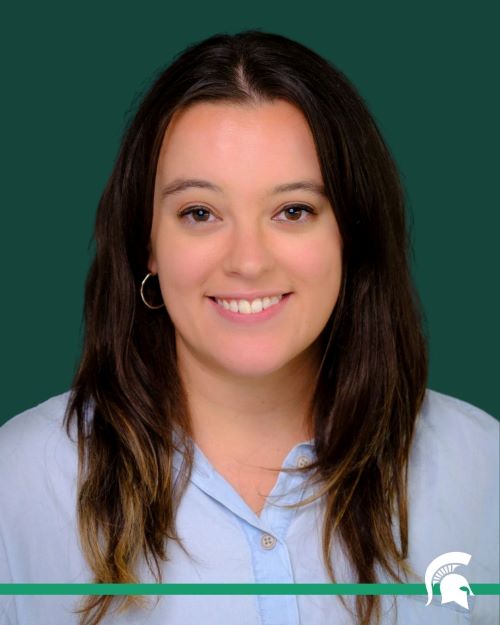
Student Publication Prize awarded to Abby Cassario
Congratulations to graduate student Abby Cassario on being awarded a 2025 Student Publication Prize for her article, "Testing Theories of Threat, Individual Difference, and Ideology: Little Evidence of Personality Based Individual Differences in Ideological Responses to Threat."
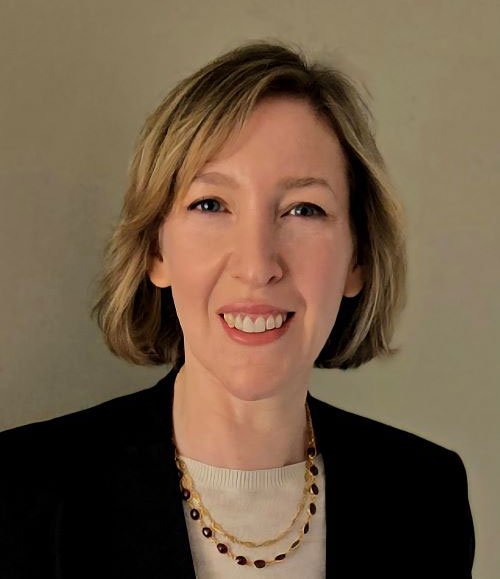
Social psychologist Dr. Gwendolyn Seidman joins MSU Psychology
The MSU Department of Psychology welcomes Dr. Gwendolyn Seidman as an associate professor. Dr. Seidman's research focuses on romantic relationships, social media, and personality traits like narcissism.
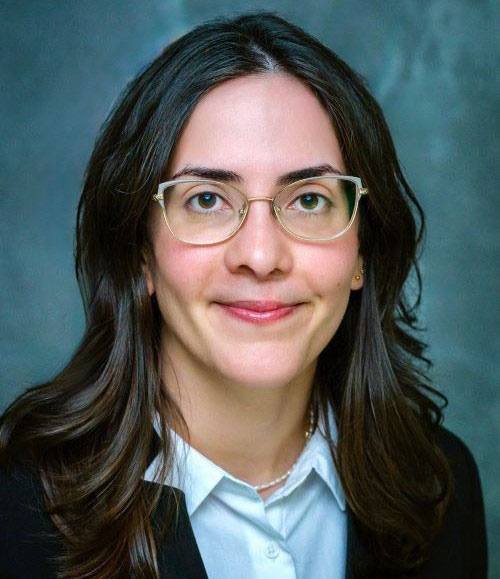
Meet Meltem Yucel, MSU's New Moral Psychology Researcher
The MSU Department of Psychology welcomes Dr. Meltem Yucel as a new assistant professor in the social/personality research area. Dr. Yucel's research focuses on how children and adults understand rules, group identity, and moral development.
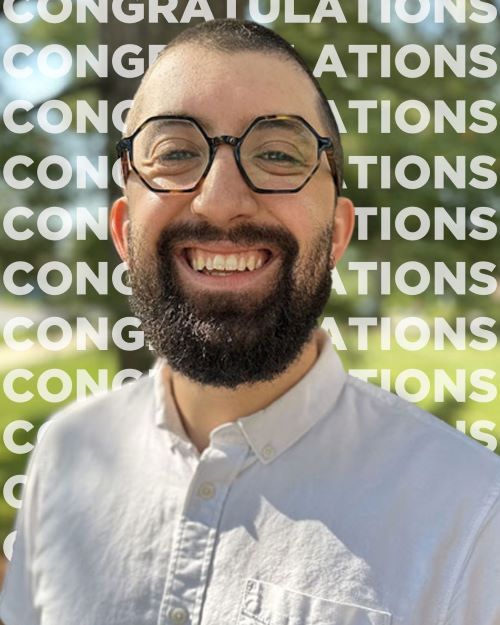
Ted Schwaba Awarded Early Career Trajectory Award
Congratulations to Dr. Ted Schwaba for receiving the SAGE Early Career Trajectory Award from the Society for Personality and Social Psychology (SPSP).

Feeling more extroverted? Study finds you may have learned how to handle daily stress better.
A new study led by Michigan State University found that as people get better at handling stress on a daily basis, they also become more extroverted, agreeable, and open to new experiences over a nearly 20-year period.
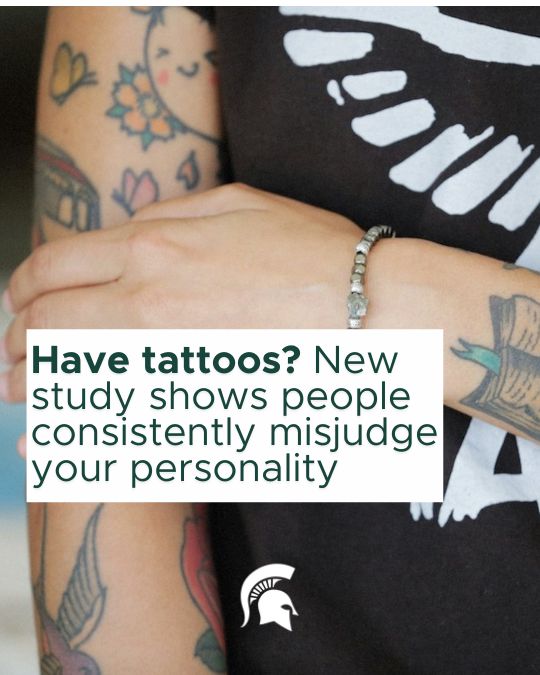
Have tattoos? New study shows people consistently misjudge your personality.
A new study led by Michigan State University provides insights into the personality perceptions surrounding tattooed individuals. As tattoos become more mainstream, this research sheds light on how specific tattoos are judged - and shows how wrong those judgements can be.
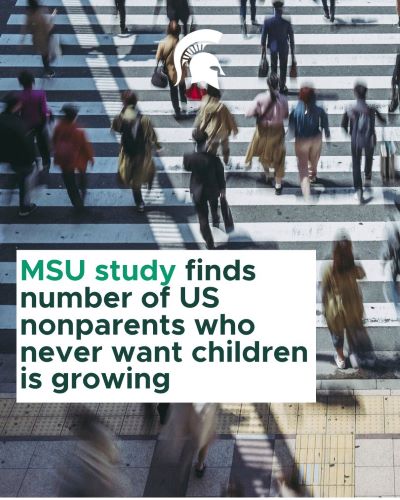
MSU study finds number of US nonparents who never want children is growing
Recent data from PEW research suggest that Americans are rethinking whether they want to become parents. This could be part of a long-term trend, as a research team from Michigan State University found that the percentage of nonparents in the United States who never want children has doubled over the past 20 years.
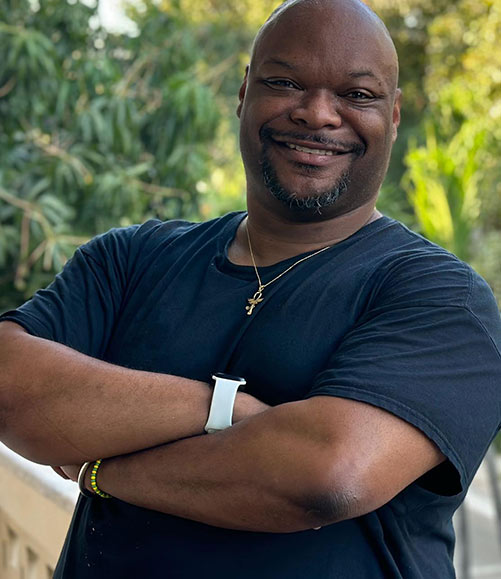
From Michigan to Louisiana, a behavioral health psychologist listens to rural communities
What voices aren't being heard in research? If you've worked with Dr. Kaston Anderson Jr, you've likely heard this question. Anderson, an associate professor of psychology, focuses on communities that do not have adequate access to services and who are often excluded socially, economically, or politically.
"These individuals deserve to have their voices heard in research and the scientific community as well," Anderson says. "I'm a firm believer that everyone is an expert in their own lived experience."
Learn more about Dr. Anderson and his research here.

Ready (or not) for love? Your friends likely agree
Feeling ready for a committed relationship is a key step in dating. But do your friends agree that you're ready for a long-term relationship? New research from Dr. William Chopik and graduate student Hyewon Yang found that friends significantly agreed on who was ready for committed relationships —and who wasn't.
Learn more about the study's findings here.
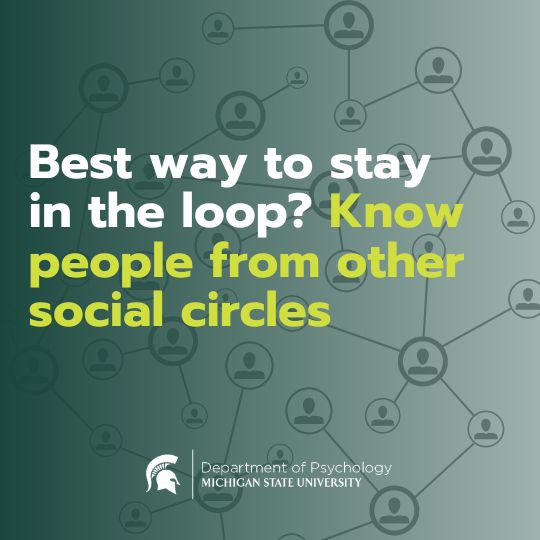
Best way to stay in the loop? Know people from other social circles
Do close friends or casual acquaintances help you stay the most informed? Contrary to a long-standing social science theory, new research from Dr. Zachary Neal suggests that having people in your life who expose you to other social circles helps you stay most informed.
Learn more about how to stay in the loop here.

Ask the expert: 'Childless cat ladies' - how many are there?
The phrase “childless cat ladies” has been all over the news thanks to resurfaced comments made by VP candidate Sen. JD Vance. But just how many childless cat ladies are there?
Hear from MSU experts about childless cat ladies.
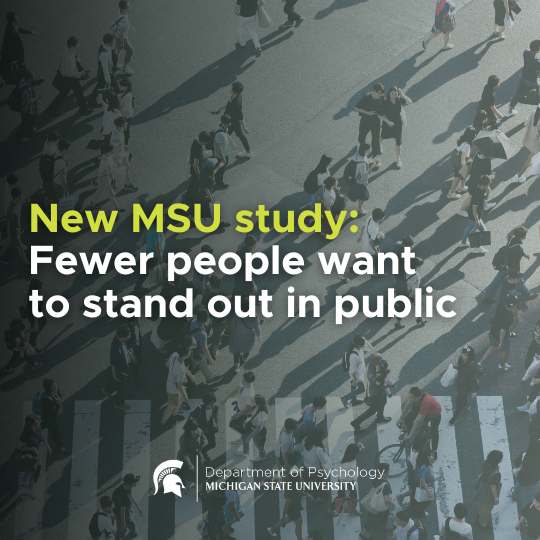
New MSU study: Fewer people want to stand out in public
A recent study by William Chopik found a dramatic decline in people’s desire to stand out from other people over the past 20 years. Learn more here.
Read the the full article on how fewer people want to stand out.
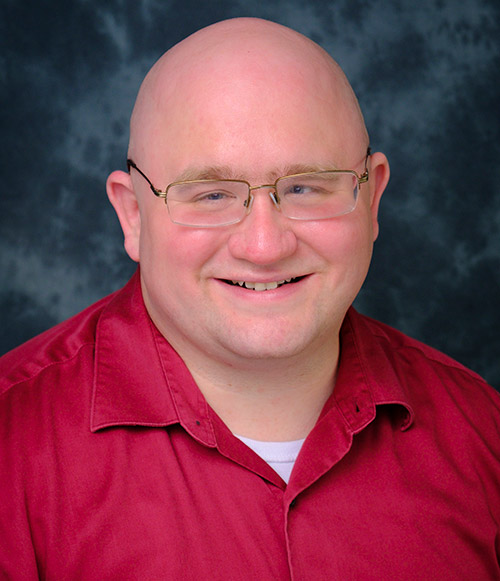
Chopik Receives Gerald R. Miller Award for Early Career Achievement
Congratulations to Dr. William Chopik for receiving the 2024 Gerald R. Miller Award for Early Career Achievement from the International Association for Relationships Research (IARR).
Read the full story about Dr. Chopik and this award.

Are you happy? What exactly is happiness?
MSU psychology researchers Bill Chopik and Rich Lucas discuss happiness on this episode of MSU Today with Russ White.
Take a listen here.
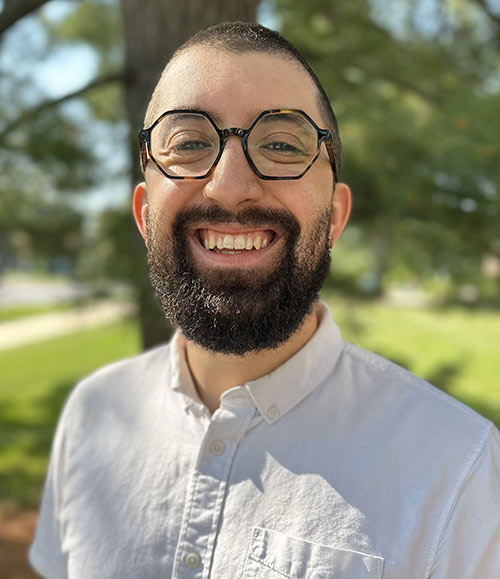
Faculty voice: Three myths about personalities
Dr. Ted Schwaba shares three myths that you may assume to be true about personalities, but current findings robustly refute.
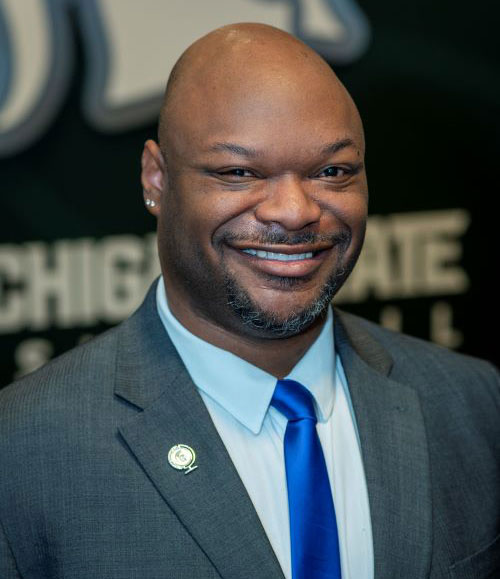
Environmental pollution and cognitive health: A new study in Southeast Louisiana
Thanks to recent funding by a Tetrad Grant, Kas Anderson Jr. and a team of MSU professors, including Dr. Norman Scheel (Radiology/Human Medicine) and Dr. Masako Morishita (Family Medicine), will be scientifically studying the impact of air pollution and social detriments of health on cognitive health and quality of life for older Black Americans in rural Louisiana.

New research: Since Roe was overturned, fewer Michigan adults want to have children
When the U.S. Supreme Court overturned Roe v. Wade in 2022, it created uncertainty for Americans' access to abortion and other forms of reproductive health care. This uncertainty may have led to an increase in the number of Michigan adults who said they never want to have children, according to Michigan State University researchers.
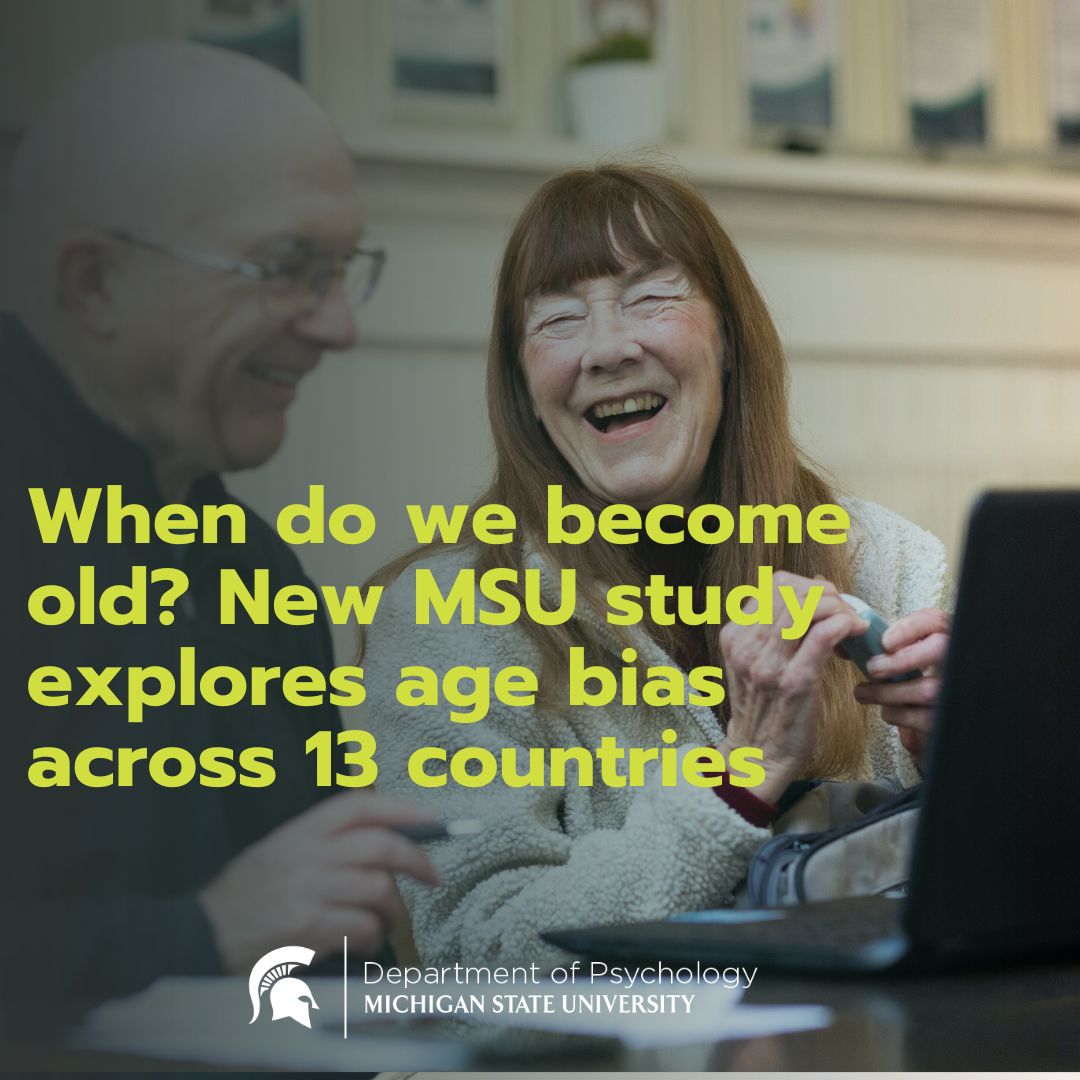
When do we become old? New MSU Study explores age bias across 13 countries
Age is but a number, right? Look at any birthday card aisle in the store and you are sure to see "50 is the new 30" or "You're only as old as you feel." A new study from Michigan State University explored age perceptions over the course of the lifespan of over one million people across 13 countries - and found that as individuals grow older, they express the belief that old age begins at an even later stage of life.
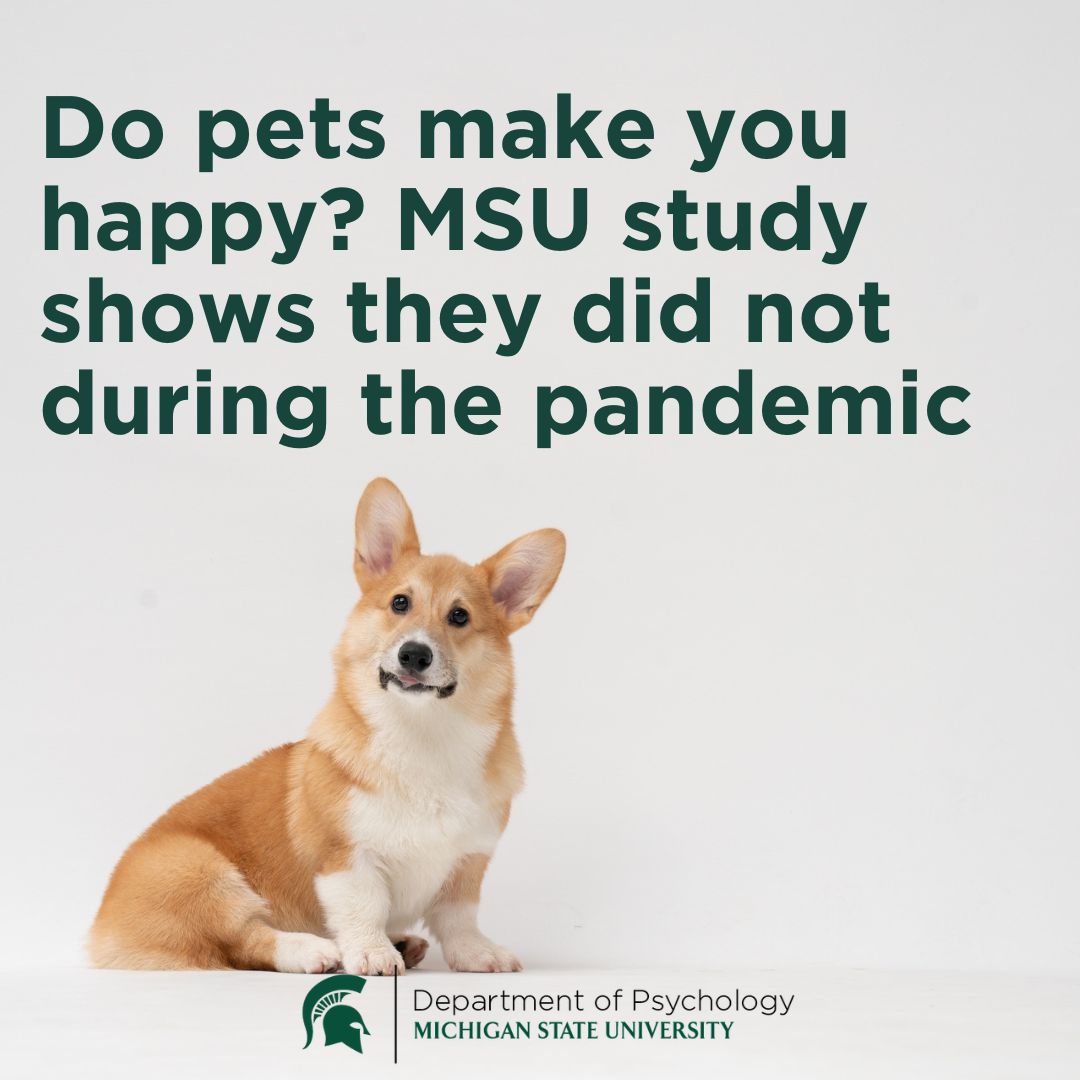
Do pets make you happier? MSU study shows they did not during the pandemic
There is a general understanding that pets have a positive impact on one's well-being. A new study by MSU Psychology found that although pet owners reported pets improving their lives, there was not a reliable association between pet ownership and well-being during the COVID-19 pandemic.

The Michigan State University psychology department welcomes new faculty member Ted Schwaba, Ph.D. to their social/personality psychology program. Dr. Schwaba, who earned his doctorate from UC Davis, comes most recently from a postdoctoral fellowship at the University of Texas at Austin. Dr. Schwaba's research specializes in personality genomics, lifespan personality development, and life experiences and personality development.
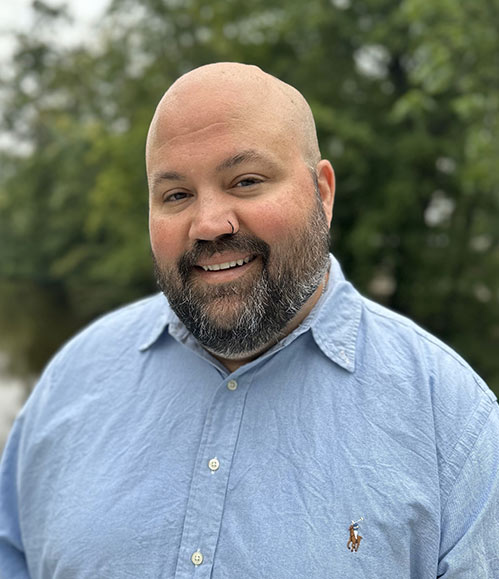
Drink lots of water. If you have taken a class with Dr. Jonathan Weaver, there is a good chance you’ve received this advice. Weaver, an associate professor of psychology, has made this his mantra over his years of teaching at Michigan State.
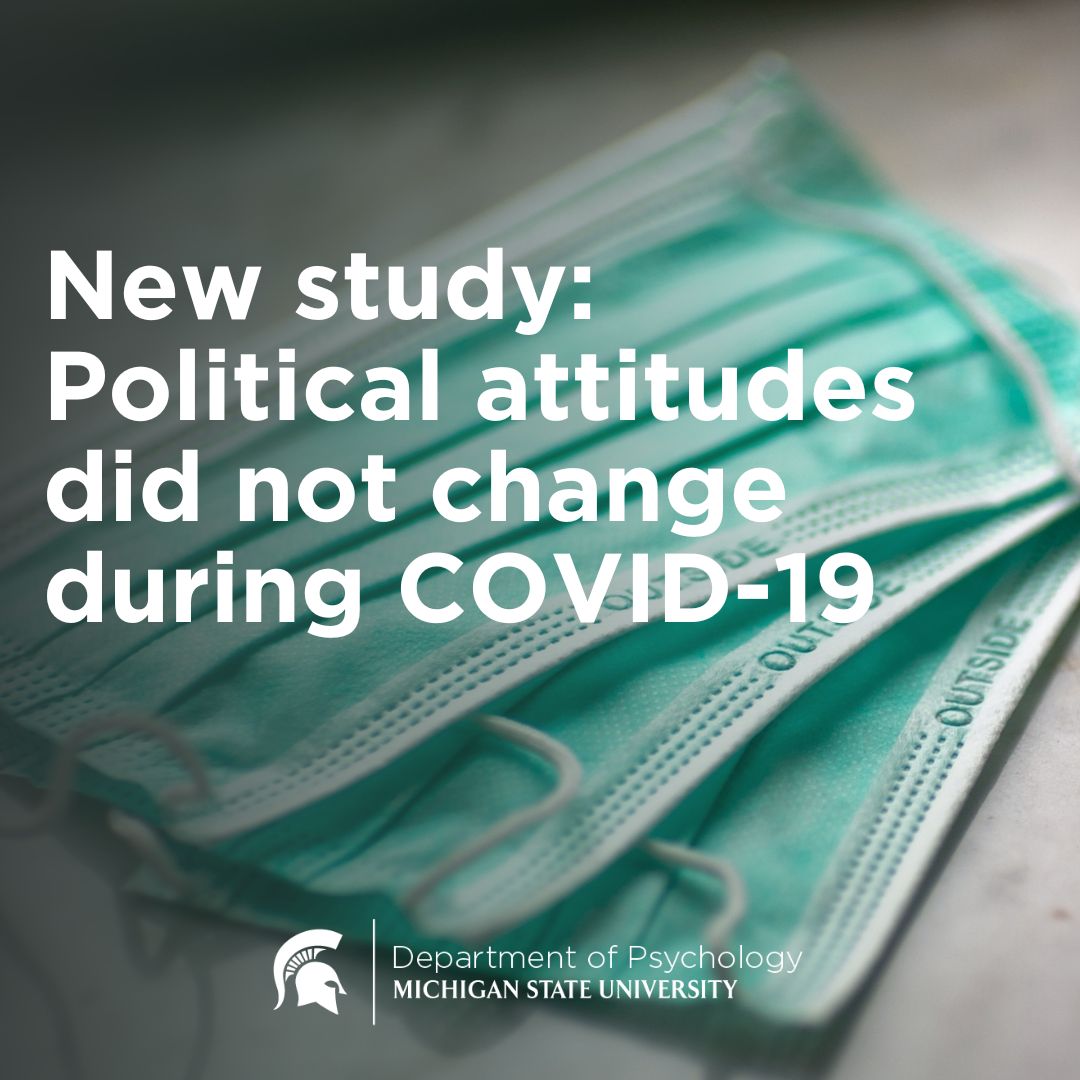
New research: Political attitudes did not change during COVID-19
There is a traditional understanding that if someone experiences a threatening event, their attitudes and beliefs will change. Some scholars predict that a threat will cause someone to become more conservative on a variety of issues or that they will become more extreme in their attitudes. However, a new study from researchers at Michigan State University and Tilburg University found that Americans’ political attitudes did not change significantly during the onset of the COVID-19 pandemic, contrary to what many expected.

Trying to predict political outcomes? Look at political ideology
Traditional wisdom holds that to predict a political outcome, it is best to look at how strongly a person adheres to a political party. However, a recent study by social psychologists from Michigan State University and Tilburg University in the Netherlands, including Dr. Mark Brandt, reveals that ideological identities, like aligning with liberal or conservative views, play a crucial role in keeping political attitudes stable. This research deepens our understanding of the factors that shape individuals’ opinions and values on political issues over an extended period.

New study: Political animosity is global
A new study by an interdisciplinary team of researchers across six different countries, including Dr. Mark Brandt, found that affective polarization, or the tendency to dislike people who belong to opposing political parties while favoring people from their own political parties, is a global bias -- not just an American one. The research further indicates that the dislike grows stronger when two people think about political issues the same way but come away with different beliefs about those decisions.
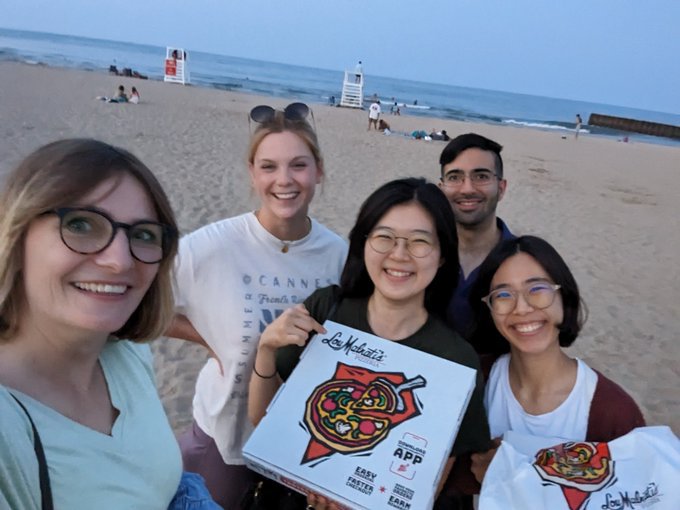
Our grad students and faculty had a great time at this year's Association for Research in Personality (ARP) conference! A few highlights included Dr. Rebekka Weidman receiving an Emerging Scholar Award, Dr. William Chopik giving his Early Career Award 2021 speech, poster presentations by graduate students Hyewon Yang and Andrew Rakhshani, and connecting with some of our alumni including over pizza at Lake Michigan!
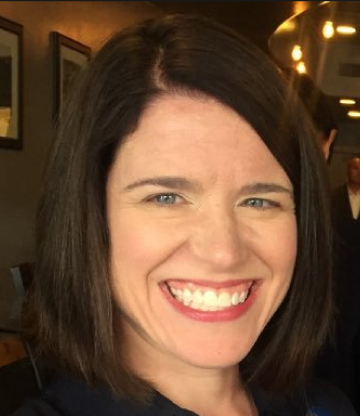
Dr. Emily Durbin has been named the Associate Dean for Undergraduate Studies for the College of Social Science.
This position was formerly known as the Associate Dean of Student and Academic Affairs—the new name reflects the breadth of the role and makes the scope of duties more straightforward. Dr. Durbin will gradually assume the duties of this new role immediately.
“Her exceptional commitment to undergraduate education and outstanding administrative experience makes her perfect for this new role,” said Dr. Brent Donnellan.
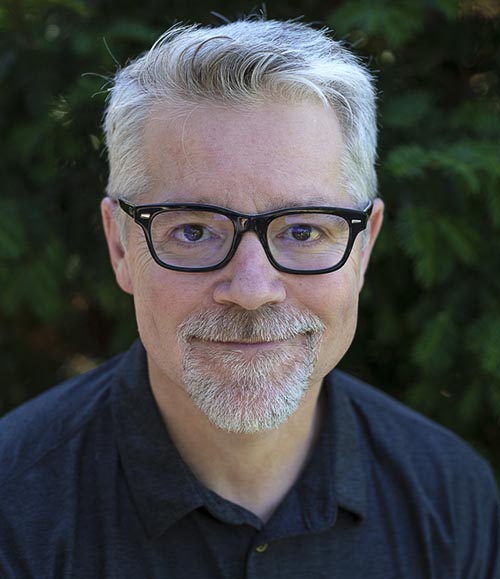
Brent Donnellan has been recommended to serve as the dean of Michigan State University’s College of Social Science. Donnellan will serve as dean effective July 1.
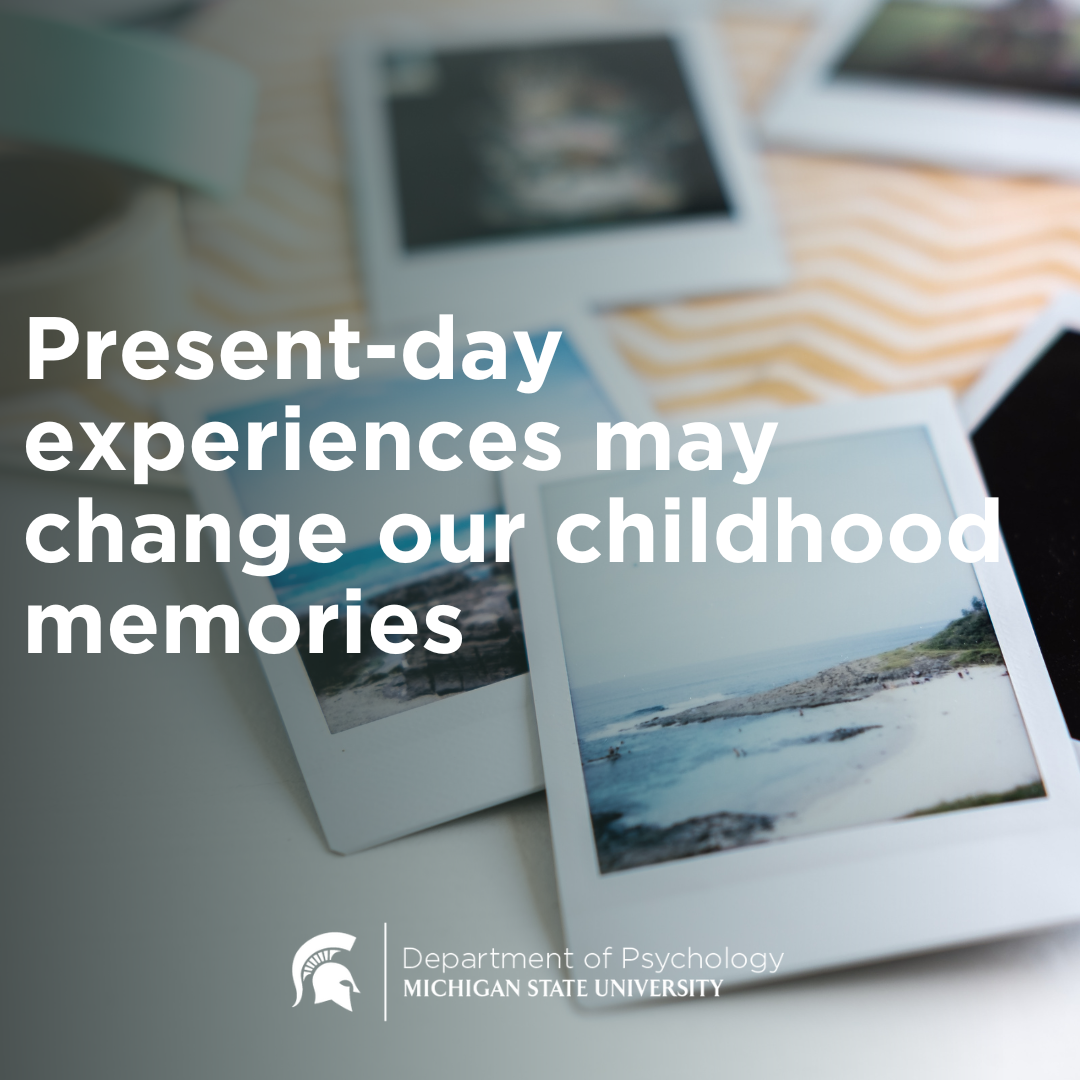
New study: Present-day experiences may change our childhood memories
A new study from Dr. Bill Chopik sheds light on how memories of childhood caregivers continue to change among middle-aged and older adults. The study’s findings have broad implications for how people navigate new relationships and trust in others, as memories of past relationships serve as the foundation for such judgments. The study also challenges previous psychological research that rests on people reporting on how good or bad their previous relationships were.
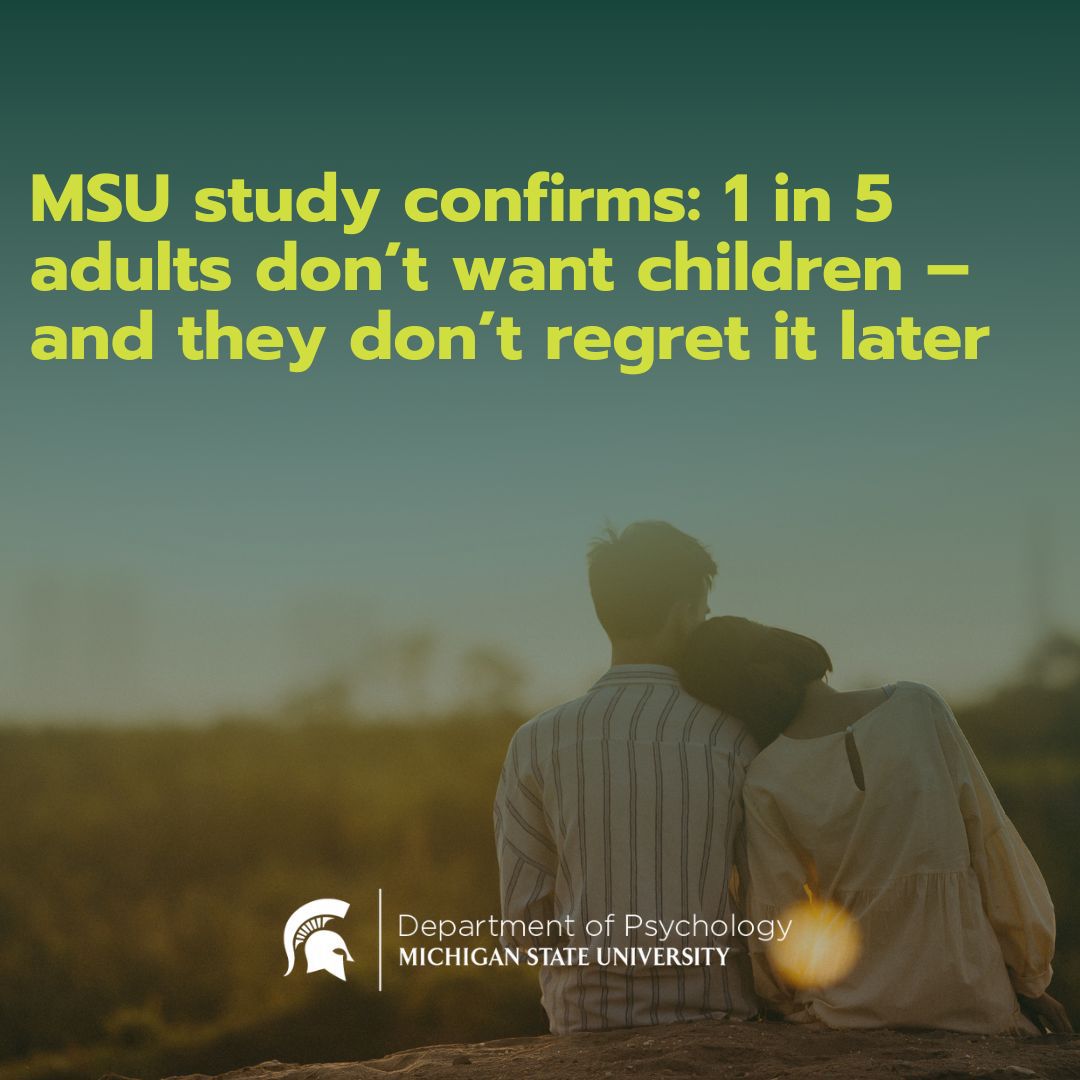
New MSU study confirms: 1 in 5 adults don't want children - and they don't regret it later
Last summer, researchers at Michigan State University reported that one in five Michigan adults, or about 1.7 million people, don’t want children and therefore are child-free. Although that number was surprisingly large to many data has now been confirmed in a follow-up study.
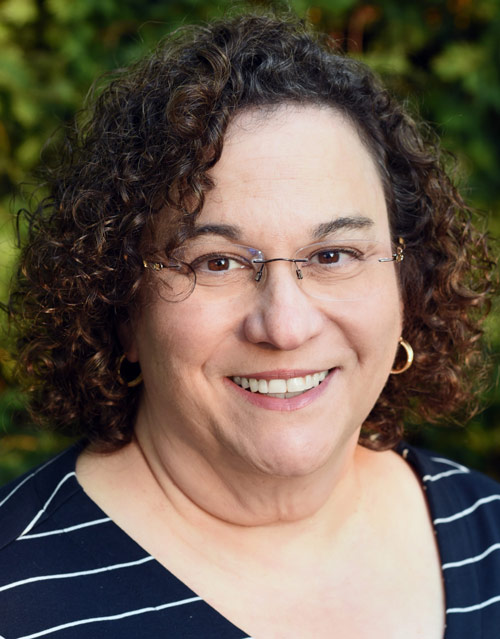
Dr. Deborah Kashy, a social psychologist, has recently been awarded the College of Social Science’s Lifetime Achievement Award for Teaching, Research, and Service. With nearly 25 years of service at Michigan State University, Dr. Kashy has established a record of remarkable achievements in scholarship, instruction, and mentorship, as well as exceptional service to both the University and the field of social psychology.
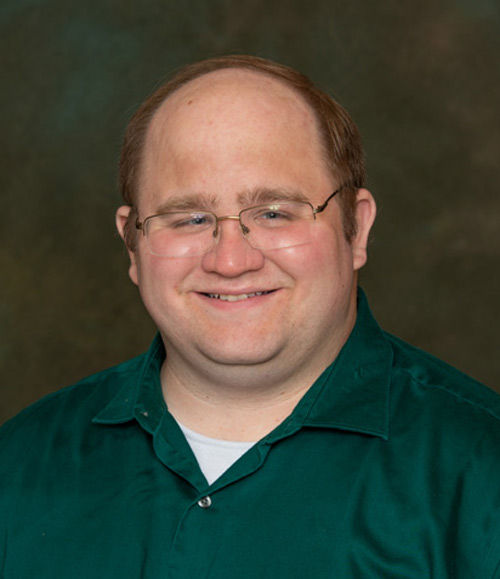
Canceling plans with a friend? MSU research says don't lie
You’ve made plans to meet up with a good friend in a few hours, but now all you want to do is go home, change into sweats and binge-watch “Game of Thrones.” What do you say to your friend? Will they be upset? New research from Dr. Bill Chopik found that the worst thing you can do is lie about your reason for canceling — indicating that how cancellations are made may be more important than whether cancellations are made.
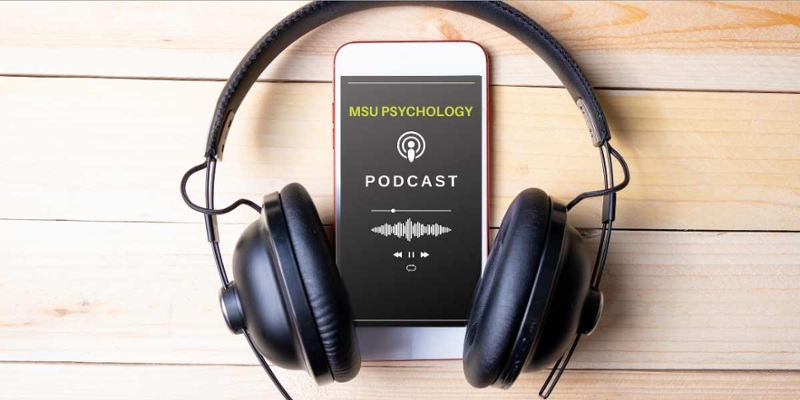
If you’re a curious person who can’t get enough podcasts, this list is for you! Social-personality psychologists, including Dr. Brandt, Dr. Chopik, Dr. Zachary Neal, Dr. Watling Neal, and Dr. Rebekka Weidmann, have been busy sharing their expertise on a variety of topics. Dive in and enjoy stimulating conversations about research, theories, and ideas with some voices you may just recognize!
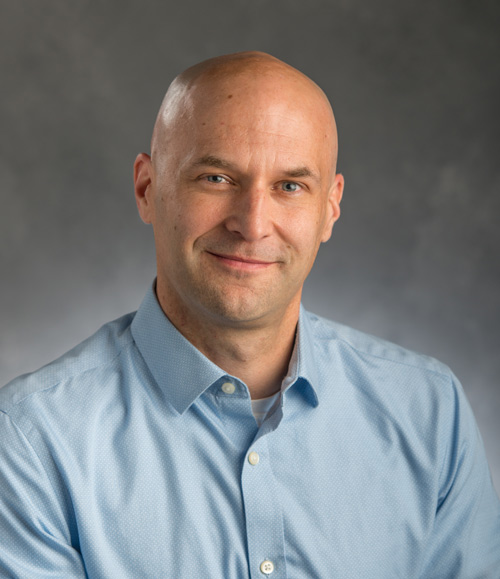
Eleven Michigan State University researchers, including psychology professor Dr. Richard Lucas, have been recognized in the 2022 Highly Cited Researchers List compiled by Clarivate Analytics. The list identifies individuals from across the globe who have demonstrated significant and broad influence in their chosen field or fields of research over the past decade.
The full list of highly cited researchers can be found here.

New study: Asexual relationships need same ingredients as any other relationship
Many asexual individuals, those with little to no sexual attraction, are in long-term satisfying romantic relationships, but there has been little study on how and why they last and thrive. New research from Michigan State University found that, despite asexuals’ lack of or dislike for sexual attraction, the ingredients that make for a successful relationship among asexual individuals are virtually the same as those in any other relationship.
“Although asexuals don’t have the desire for sexual relationships, they nevertheless form romantic relationships and those connections look at least somewhat similar to non-asexuals’ romantic relationships,” said William Chopik, associate professor in MSU’s psychology department and coauthor of the study.
Read more about this study on asexual relationships here.

